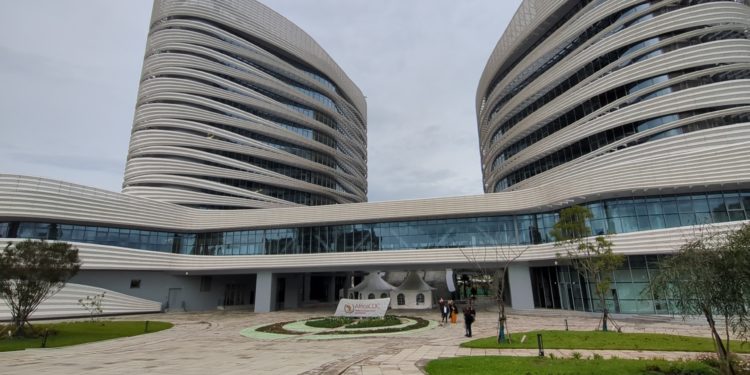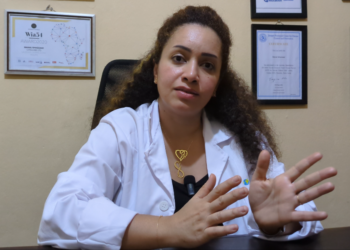By Kemo Cham
Africa CDC has called on member states of the African Union to enhance their surveillance for influenza-like illness and severe acute respiratory syndrome (ILI/SARI) as a way of monitoring Covid-19 (SARSCoV-2) cases.
The continental health agency issued this advice in light of the emergence, spread and evolution of several variants and sub-variants of the virus that causes Covid-19, particularly the latest identified variant – XEC.
In a statement issued last week, the agency said that Covid-19 continues to spread globally and that it’s dominated by descendant sub-variants of the Omicron Variant, mainly BA.2.86, JN.1, KP.2, KP.3 and XEC. Of particular concern is the XEC subvariant, which Africa CDC says has exhibited increased transmissibility and unique mutations that may contribute to relatively higher immune evasion than the parent lineages.
The XEC variant was first reported in May 2024 in Germany. And since then it is reported to have been detected in 43 countries across Europe, Asia, and North America.
In Africa, only Botswana has reported a case of the variant, from a hospitalized European traveller.
According to Africa CDC, because of the existence of limited testing and sequencing at this moment, it’s difficult to ascertain the extent of the spread of the XEC variant on the continent. It therefore urged member states to ensure close monitoring of the virus.
The World Health Organization (WHO) designated XEC as a variant under monitoring (VUMs) as of 24 September 2024. And since then it has been monitored by health authorities in other regions.
“It is expected for viruses like SARS-CoV-2 to continuously mutate,” said Africa CDC, noting that the rising prevalence of XEC subvariant in several countries warrants a cautious approach and strengthening sentinel and genomic surveillance on the continent.
“Preliminary experimental data suggests that XEC exhibited increased transmissibility and unique mutations that may contribute to relatively higher immune evasion than the parent KP.3 lineage;” the agency added, stressing however that there was no evidence proving that it causes more severe illness than previous Omicron variants.
XEC, like the other variants, also exhibit similar flu-like clinical symptoms such as high temperature, body aches, sore throat with a cough, headaches along with tiredness.
“While additional evidence is needed to determine the possible impact of XEC and other emerging variants in Africa, this statement is being sent out to increase Member State awareness of the situation,” Africa CDC said.
The agency is urging its members to request for assistance on genomic sequencing if they lack the capacity to conduct it.
It also wants member states to continue vaccination with booster doses using updated COVID-19 vaccines targeting high risk groups, including adults aged 65 years and above; moderately or severely immunocompromised individuals; and front-line health care workers.
Member states are also urged to notify and routinely share data with Africa CDC on confirmed COVID-19 cases and variants.






















